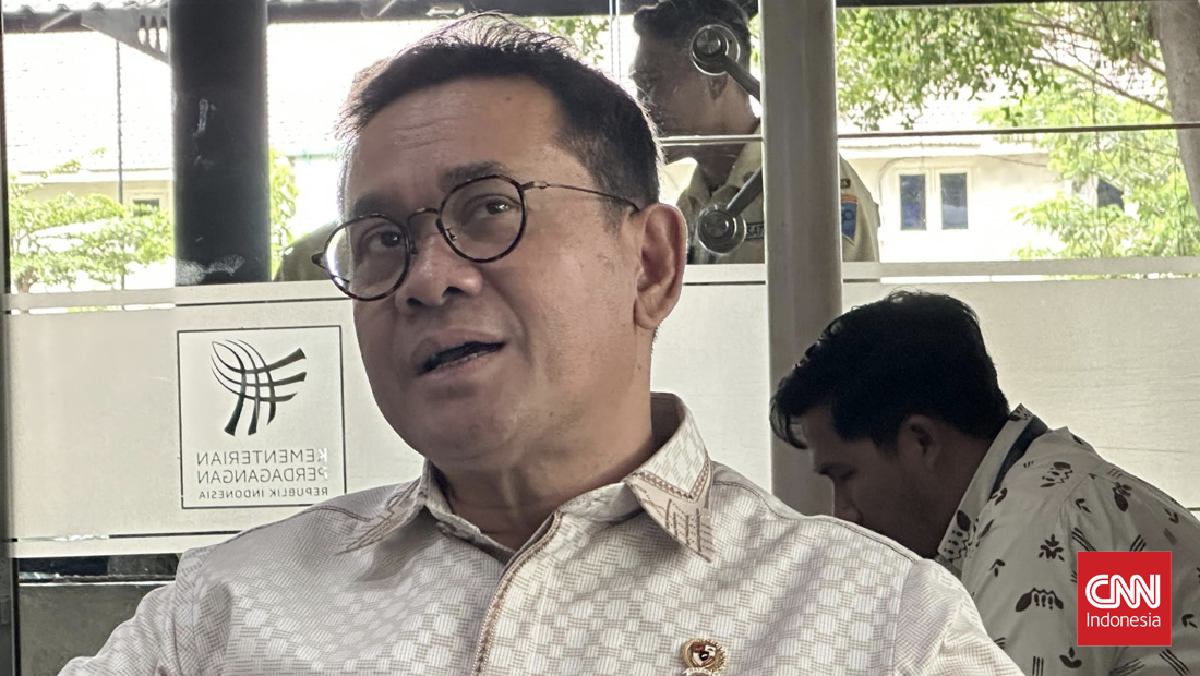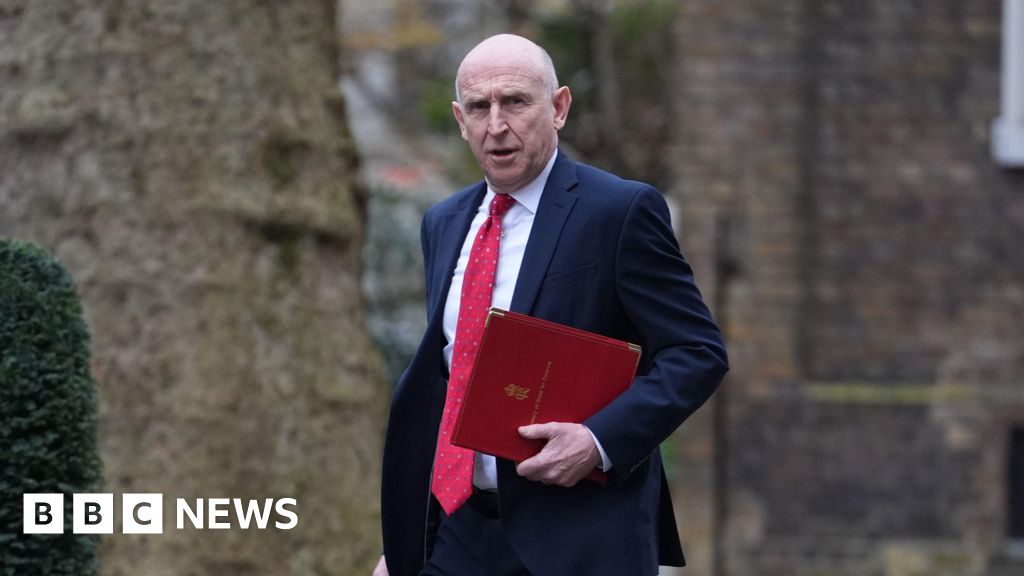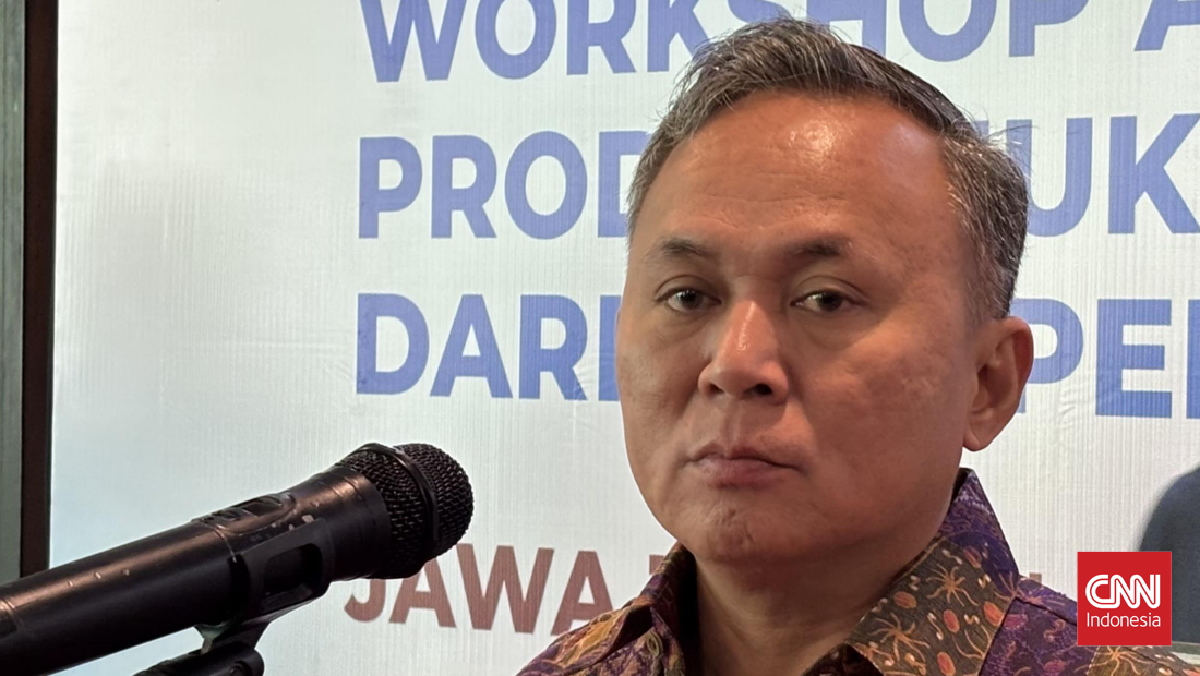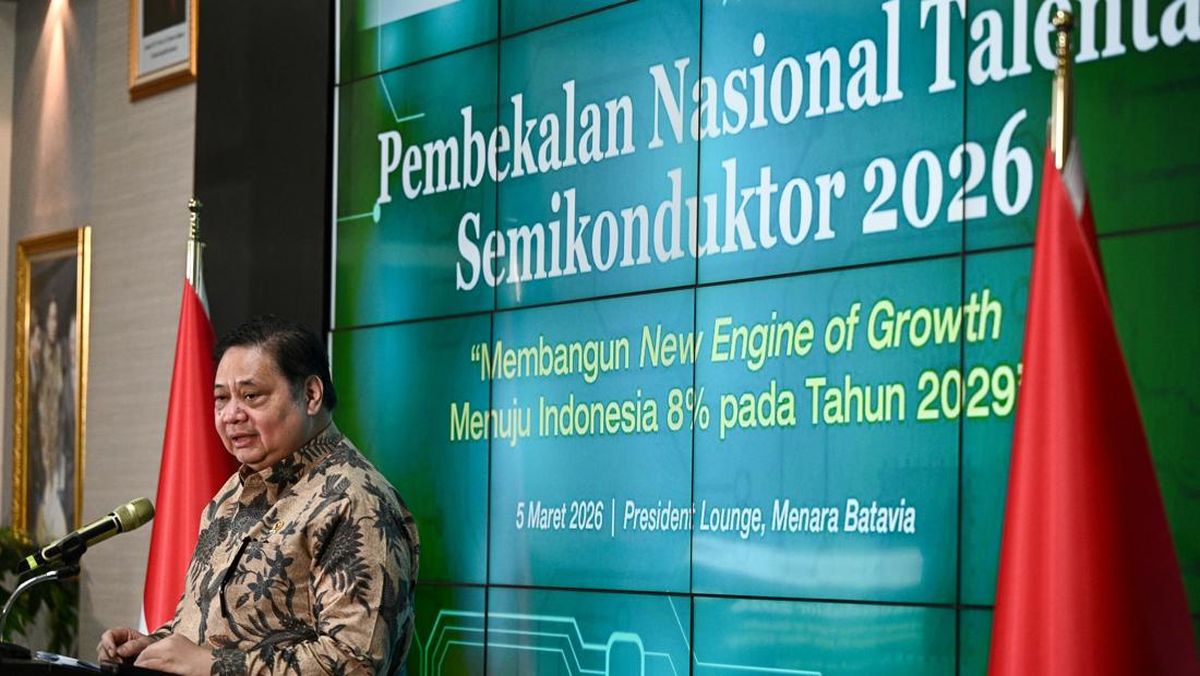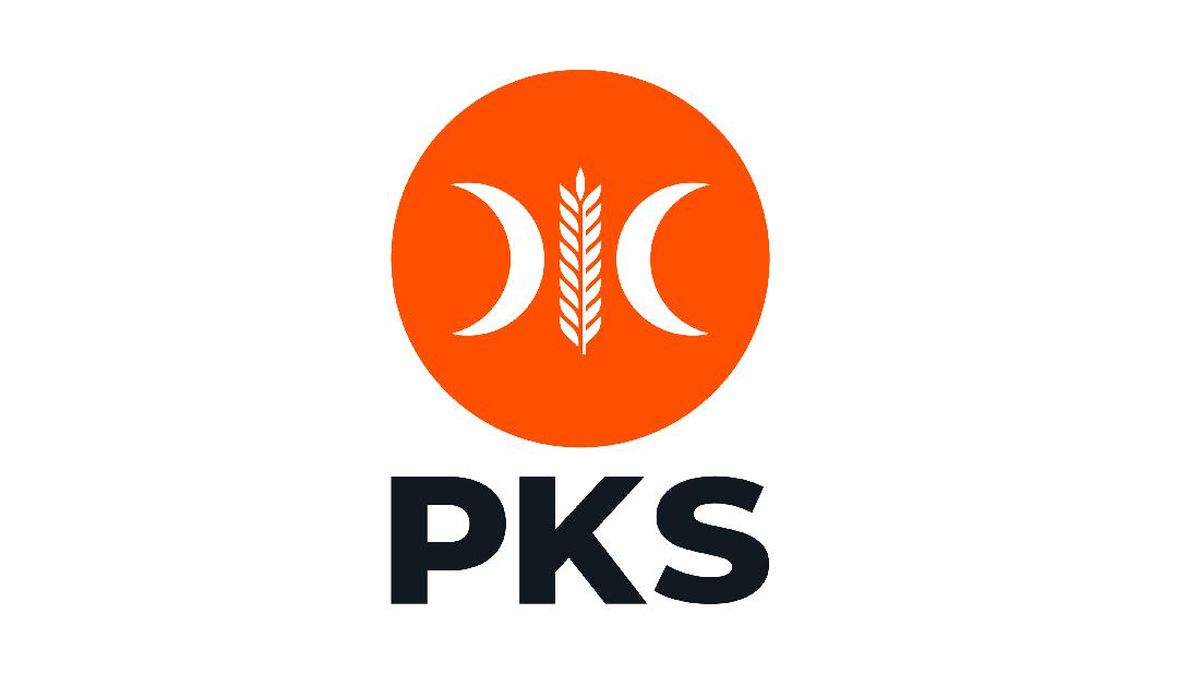Working excess overtime in the hopes of landing a promotion is unlikely to pay off, experts have warned, after a Woolworths executive claimed she was overlooked for a senior position after working up to 120 hours a week.
Laura Robinson, recruiter and corporate head-hunter at Harvey Robinson says executives should be wary of putting all their eggs in one basket, suggesting those who work around the clock to chase a promotion should think carefully about what success really looks like.

Repeatedly putting in late nights at the office? It might be time for a rethink.Credit: iStock
In the modern workplace, employees need to distinguish between being visible and impactful from simply being “always on”. “A focus on outcomes, rather than hours logged, is increasingly valued,” Robinson says.
Before accepting a senior role that comes with an unspoken expectation of significant overtime or after-hours commitments, Robinson says workers should ask their employer how their progression will be measured.
High salary brings high responsibility, but it doesn’t have to mean always working nights and weekends. Ensure expectations around hours and flexibility are clear from the start and focus on measurable outcomes, not time spent online or in the office, Robinson says.
“The idea that only those who sacrifice everything get ahead is no longer universally embraced. I’m seeing a clear shift toward cultures that prioritise empowerment, flexibility and results over ‘presenteeism’.”
When she complained after sleeping just an hour a night, she claims she was told to “drink from a fire hose”.
Robinson’s comments come after Woolworths chief growth officer Miwah Van lodged a damages claim in the Federal Court against the supermarket giant and several of its current and former executives.
She alleges that she was hospitalised several times and experienced episodes of unexplained swelling, temporary loss of vision and a suspected mild stroke after extreme workloads between 2010 and 2021, saying she regularly clocked more than 100 hours a week on the job.
When she complained after sleeping just an hour a night, she claims she was told to “drink from a fire hose”. Van is currently on leave from her role.
Loading
At 39 years of age, she was diagnosed with breast cancer in March 2022, which she asserts meant she was overlooked for a promotion to chief transformation officer. This came after she claims she was told in September 2020 that she would land the role.
While undergoing chemotherapy, Van alleged Woolworths burdened her with more work and stripped her of resources. She was removed from key internal senior executive groups and directed to attend important meetings remotely. At one stage during her employment, she was hospitalised for three days with serious health complications.
In a media statement released via her law firm, Van said no one should be penalised or diminished because of their health, disability or a cancer diagnosis.
“Facing a life-threatening illness is already an uphill battle, but to also experience discrimination, retaliation and marginalisation in the workplace is devastating,” she says.
“I am bringing this case not just for myself, but for every employee who deserved dignity and respect, no matter their health status or disability,” Van says.
A spokesperson for Woolworths Group confirmed the company is responding to the claim. “Woolworths is reviewing the claim in detail. Ms Van is currently on leave from Woolworths. Given the matter is before the courts it would be inappropriate to provide any further comment,” a spokesperson said.
In August this year, the final stage of Australia’s Right to Disconnect laws came into effect, giving employees the right to lawfully refuse to “monitor, read or respond to contact” from their employer or a third party after hours.
Get workplace news, advice and perspectives to help make your job work for you. Sign up for our weekly Thank God it’s Monday newsletter.
Most Viewed in Business
Loading


